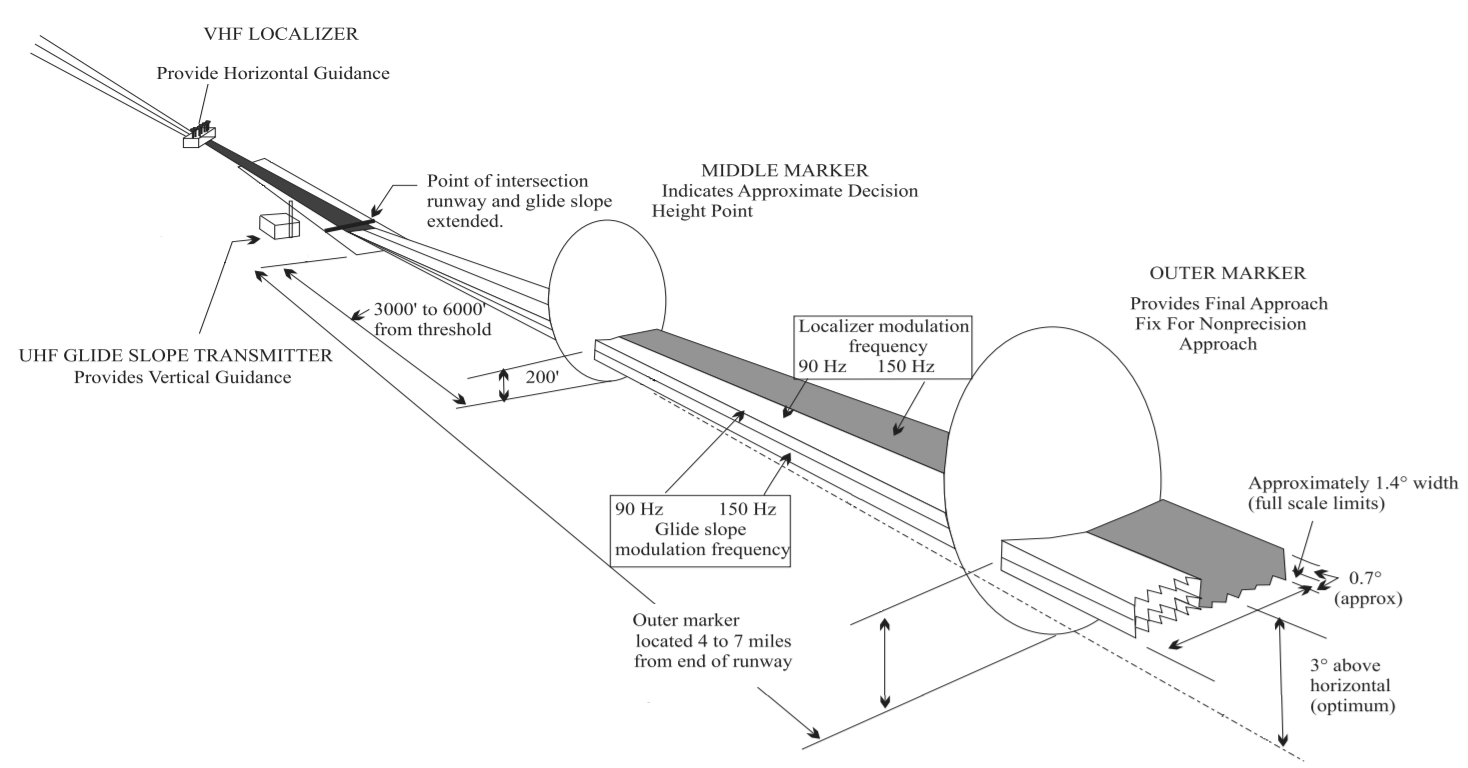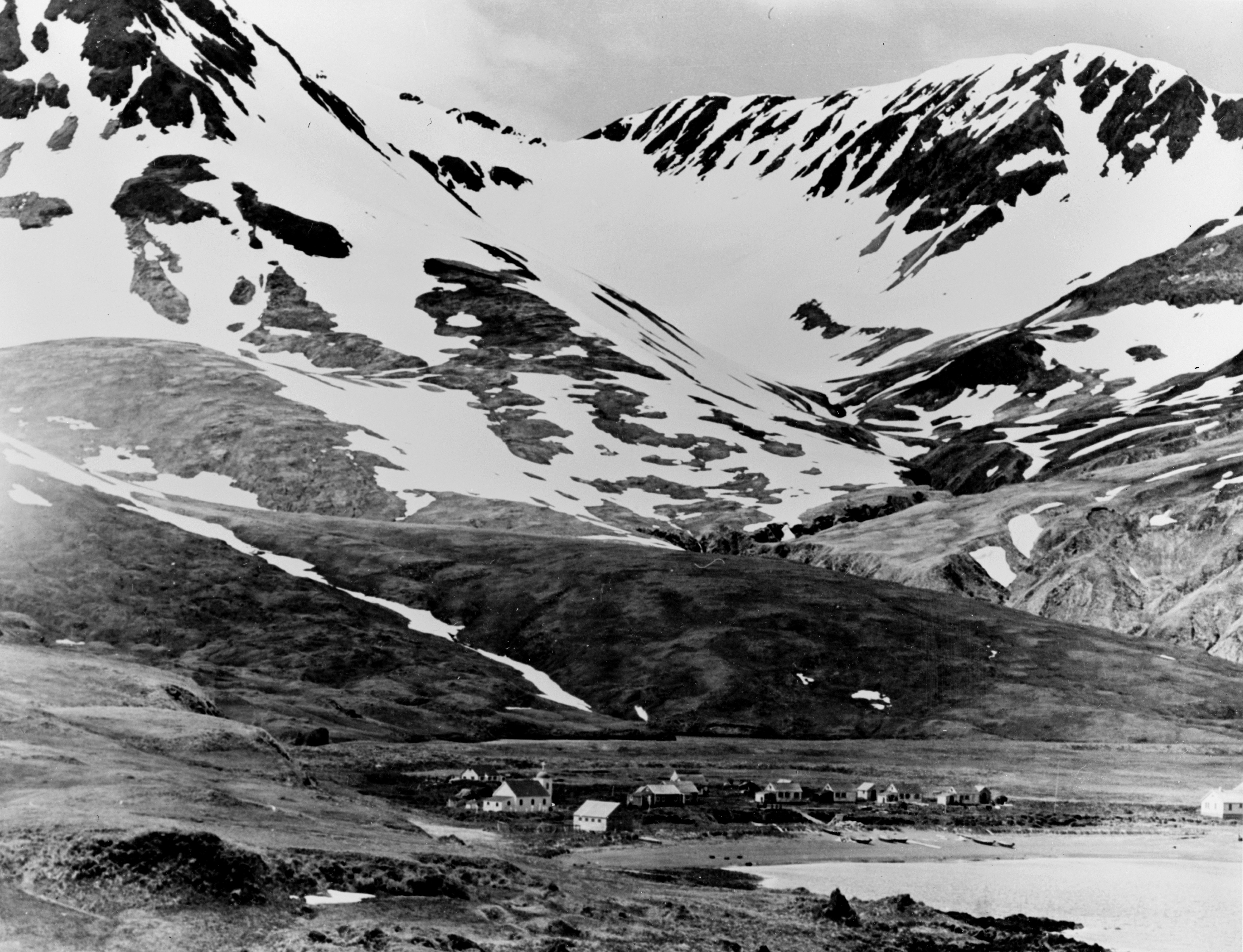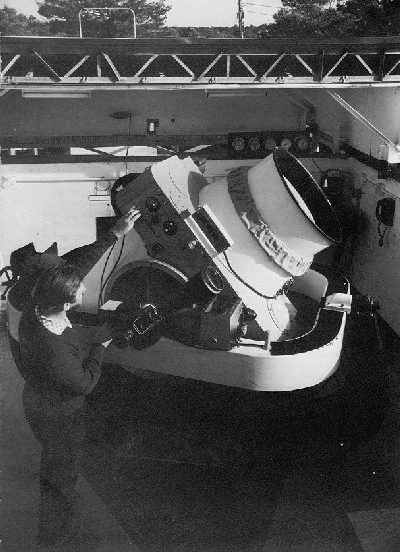|
Shemya Air Force Base
Eareckson Air Station , formerly Shemya Air Force Base, is a United States Air Force military airport located on the island of Shemya, in the Alaskan Aleutian Islands. The airport was closed as an active Air Force Station on 1 July 1994. However, it is still owned by the USAF and is operated by the USAF 611th Air Support Squadron at Elmendorf AFB for refueling purposes. It also serves as a diversion airport for civilian aircraft. The base previously hosted the AN/FPS-17 and AN/FPS-80 radars and since 1977 the more powerful AN/FPS-108 COBRA DANE phased-array radar. Overview Eareckson Air Station is located on the western tip of Alaska's Aleutian islands near the larger island of Attu, lying approximately 1500 miles southwest of Anchorage. The airport lies on the south side of the 2-mile by 4-mile island and is 98 feet above mean sea level. Shemya Island has been the scene of two major earthquakes. The 1965 Rat Islands earthquake, measuring 8.7 on the moment magnitude scale, ... [...More Info...] [...Related Items...] OR: [Wikipedia] [Google] [Baidu] |
Shemya
Shemya or Simiya ( ale, Samiyax̂) is a small island in the Semichi Islands group of the Near Islands chain in the Aleutian Islands archipelago southwest of Alaska, at . It has a land area of , and is about southwest of Anchorage, Alaska. It is wide and long. History The Russian vessel ''Saint Peter and Paul'' wrecked at Shemya in 1762. Most of the crew survived. A United States Air Force radar, surveillance, and weather station and aircraft refueling station, including a runway, opened on Shemya in 1943 and is still in operation. The station, originally Shemya Air Force Base or Shemya Station, had 1,500 workers at its peak in the 1960s. In 1956, Northwest Airlines leased Shemya Island from the U.S. government to use as a refueling station on their North Pacific route. According to Northwest's website, that made them "the first airline to operate its own airport." Northwest was operating Lockheed Constellation L-1049G model propliners on its "Orient Express" service between t ... [...More Info...] [...Related Items...] OR: [Wikipedia] [Google] [Baidu] |
Aleutian Islands
The Aleutian Islands (; ; ale, Unangam Tanangin,”Land of the Aleuts", possibly from Chukchi language, Chukchi ''aliat'', "island"), also called the Aleut Islands or Aleutic Islands and known before 1867 as the Catherine Archipelago, are a chain of 14 large volcanic islands and 55 smaller islands. Most of the Aleutian Islands belong to the U.S. state of Alaska, but some belong to the Russian Federal subjects of Russia, federal subject of Kamchatka Krai. They form part of the Aleutian Arc in the Northern Pacific Ocean, occupying a land area of 6,821 sq mi (17,666 km2) and extending about westward from the Alaska Peninsula toward the Kamchatka Peninsula in Russia, and act as a border between the Bering Sea to the north and the Pacific Ocean to the south. Crossing 180th meridian, longitude 180°, at which point east and west longitude end, the archipelago contains both the westernmost part of the United States by longitude (Amatignak Island) and the easternmost by longitude ( ... [...More Info...] [...Related Items...] OR: [Wikipedia] [Google] [Baidu] |
Non-directional Beacon
A non-directional beacon (NDB) or non-directional radio beacon is a radio beacon which does not include directional information. Radio beacons are radio transmitters at a known location, used as an aviation or marine navigational aid. NDB are in contrast to directional radio beacons and other navigational aids, such as low-frequency radio range, VHF omnidirectional range (VOR) and tactical air navigation system (TACAN). NDB signals follow the curvature of the Earth, so they can be received at much greater distances at lower altitudes, a major advantage over VOR. However, NDB signals are also affected more by atmospheric conditions, mountainous terrain, coastal refraction and electrical storms, particularly at long range. The system, developed by United States Air Force (USAF) Captain Albert Francis Hegenberger, was used to fly the world's first instrument approach on May 9, 1932. Types of NDBs NDBs used for aviation are standardised by International Civil Aviation Organizat ... [...More Info...] [...Related Items...] OR: [Wikipedia] [Google] [Baidu] |
Instrument Landing System
In aviation, the instrument landing system (ILS) is a precision radio navigation system that provides short-range guidance to aircraft to allow them to approach a runway at night or in bad weather. In its original form, it allows an aircraft to approach until it is over the ground, within a of the runway. At that point the runway should be visible to the pilot; if it is not, they perform a missed approach. Bringing the aircraft this close to the runway dramatically increases the range of weather conditions in which a safe landing can be made. Other versions of the system, or "categories", have further reduced the minimum altitudes, runway visual ranges (RVRs), and transmitter and monitoring configurations designed depending on the normal expected weather patterns and airport safety requirements. ILS uses two directional radio signals, the ''localizer'' (108 to 112 MHz frequency), which provides horizontal guidance, and the ''glideslope'' (329.15 to 335 MHz frequency ... [...More Info...] [...Related Items...] OR: [Wikipedia] [Google] [Baidu] |
Asphalt
Asphalt, also known as bitumen (, ), is a sticky, black, highly viscous liquid or semi-solid form of petroleum. It may be found in natural deposits or may be a refined product, and is classed as a pitch. Before the 20th century, the term asphaltum was also used. Full text at Internet Archive (archive.org) The word is derived from the Ancient Greek ἄσφαλτος ''ásphaltos''. The largest natural deposit of asphalt in the world, estimated to contain 10 million tons, is the Pitch Lake located in La Brea in southwest Trinidad (Antilles island located on the northeastern coast of Venezuela), within the Siparia Regional Corporation. The primary use (70%) of asphalt is in Road surface, road construction, where it is used as the glue or binder mixed with construction aggregate, aggregate particles to create asphalt concrete. Its other main uses are for bituminous waterproofing products, including production of roofing felt and for sealing flat roofs. In material sciences an ... [...More Info...] [...Related Items...] OR: [Wikipedia] [Google] [Baidu] |
Runway
According to the International Civil Aviation Organization (ICAO), a runway is a "defined rectangular area on a land aerodrome prepared for the landing and takeoff of aircraft". Runways may be a man-made surface (often asphalt concrete, asphalt, concrete, or a mixture of both) or a natural surface (sod, grass, soil, dirt, gravel, ice, sand or road salt, salt). Runways, as well as taxiways and Airport apron, ramps, are sometimes referred to as "tarmac", though very few runways are built using Tarmacadam, tarmac. Takeoff and landing areas defined on the surface of water for seaplanes are generally referred to as waterways. Runway lengths are now International Civil Aviation Organization#Use of the International System of Units, commonly given in meters worldwide, except in North America where feet are commonly used. History In 1916, in a World War I war effort context, the first concrete-paved runway was built in Clermont-Ferrand in France, allowing local company Michelin to ... [...More Info...] [...Related Items...] OR: [Wikipedia] [Google] [Baidu] |
1965 Rat Islands Earthquake
The 1965 Rat Islands earthquake occurred at 05:01 UTC, on 4 February (19:01, 3 February local time). It had a magnitude of 8.7 and triggered a tsunami of over 10 m on Shemya Island, but caused very little damage. Tectonic setting The Rat Islands form part of the Aleutian Islands, a chain of volcanic islands forming an island arc, that results from the subduction of the Pacific Plate beneath the North American Plate. This plate boundary, the Aleutian Trench, has been the location of many megathrust earthquakes. Characteristics The 1965 Rat Islands earthquake share common features with the 1963 Kuril Islands earthquake and the 1964 Alaska earthquake. Earthquake The earthquake was associated with a 600 km long rupture along the plate boundary, based on the distribution of aftershocks. The pattern of energy release suggest the presence of three asperities along the plate interface, each causing a pulse of moment release. Modelling of the tsunami supports the idea that the ear ... [...More Info...] [...Related Items...] OR: [Wikipedia] [Google] [Baidu] |
Anchorage
Anchorage () is the largest city in the U.S. state of Alaska by population. With a population of 291,247 in 2020, it contains nearly 40% of the state's population. The Anchorage metropolitan area, which includes Anchorage and the neighboring Matanuska-Susitna Borough, had a population of 398,328 in 2020, accounting for more than half the state's population. At of land area, the city is the fourth-largest by area in the United States and larger than the smallest state, Rhode Island, which has . Anchorage is in Southcentral Alaska, at the terminus of the Cook Inlet, on a peninsula formed by the Knik Arm to the north and the Turnagain Arm to the south. In September 1975, the City of Anchorage merged with the Greater Anchorage Area Borough, creating the Municipality of Anchorage. The municipal city limits span , encompassing the urban core, a joint military base, several outlying communities, and almost all of Chugach State Park. Because of this, less than 10% of the Municipalit ... [...More Info...] [...Related Items...] OR: [Wikipedia] [Google] [Baidu] |
Attu Island
Attu ( ale, Atan, russian: Атту, link=no) is an island in the Near Islands (part of the Aleutian Islands chain). It is the westernmost point of the U.S. state of Alaska. The island became uninhabited in 2010, making it the largest uninhabited island to be politically part of the United States. (archived June 25, 2017) The Battle of Attu was the site of the only World War II land battle fought in the United States. The battlefield area is a U.S. National Historic Landmark. Attu Station, a former Coast Guard LORAN station, is located at , making it one of the westernmost points of the United States relative to the rest of the country. However, since it is in the Eastern Hemisphere, being on the opposite side of the 180° longitude line of the contiguous 48 states, it can also be considered one of the easternmost points of the country (a second Aleutian Island, Semisopochnoi Island at 179°46′E, is the easternmost location in the United States by this definition). For purpo ... [...More Info...] [...Related Items...] OR: [Wikipedia] [Google] [Baidu] |
AN/FPS-80
The United States Space Surveillance Network (SSN) detects, tracks, catalogs and identifies artificial objects orbiting Earth, e.g. active/inactive satellites, spent rocket bodies, or fragmentation debris. The system is the responsibility of United States Space Command and operated by the United States Space Force. Space surveillance accomplishes the following: * Predict when and where a decaying space object will re-enter the Earth's atmosphere; * Prevent a returning space object, which to radar looks like a missile, from triggering a false alarm in missile-attack warning sensors of the U.S. and other countries; * Chart the present position of space objects and plot their anticipated orbital paths; * Detect new artificial objects in space; * Correctly map objects traveling in Earth orbit; * Produce a running catalog of artificial space objects; * Determine ownership of a re-entering space object; * Inform NASA whether or not objects may interfere with the International Space S ... [...More Info...] [...Related Items...] OR: [Wikipedia] [Google] [Baidu] |
AN/FPS-17
The AN/FPS-17 was a ground-based fixed-beam radar system that was installed at three locations worldwide, including Pirinçlik Air Base (formerly Diyarbakir Air Station) in south-eastern Turkey, Laredo, Texas and Shemya Island, Alaska. This system was deployed to satisfy scientific and technical intelligence collection requirements during the Cold War. The first installation (designated AN/FPS-17, XW-1) at Diyarbakir was originally intended to provide surveillance of the USSR's missile test range at Kapustin Yar south of Stalingrad - especially to detect missile launchings. The data it produced, however, exceeded surveillance requirements, permitting the derivation of missile trajectories, the identification of earth satellite launches, the calculation of a satellite's ephemeris (position and orbit), and the synthesis of booster rocket performance. The success achieved by this fixed-beam radar led to the co-location of a tracking radar (AN/FPS-79), beginning in mid-1964. Together, ... [...More Info...] [...Related Items...] OR: [Wikipedia] [Google] [Baidu] |











